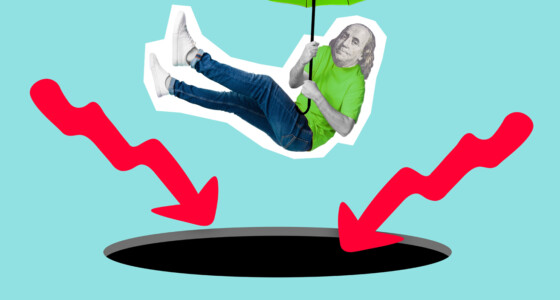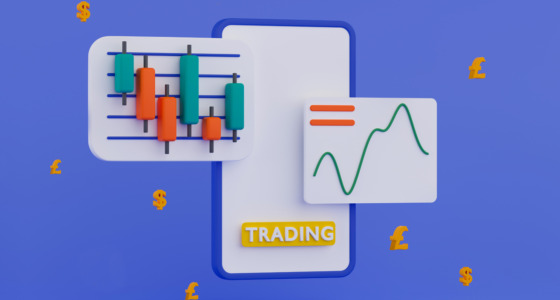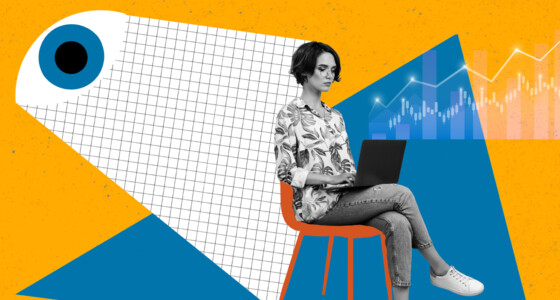

If you have a strategy that works in your backtests over hundreds of trades, then you might need to work on your psychology. After all, mastering your emotions and cognitive biases is key to being a successful trader.
Today, we’ll show you four mental hacks that can turn your trading around and boost your account.
Understand that having no position is a position itself
If you’re accustomed to the idea that you need to always be in a trade, then you’re wrong. We like to think that pro traders are constantly scouting, finding opportunities everywhere, and entering with perfect precision. It’s actually the opposite. Many of the most successful traders might make only one trade in a week.
As the forex legend Bill Lipschutz once said, “if most traders would learn to sit on their hands 50% of the time, they would make a lot more money.“ By not being in a position, that in itself is a position; it’s just neutral. Be patient, wait for your setups to play out, and you’ll be rewarded for biding your time.
Recognize the player in your head
Trading is very much like gambling if you don’t have a plan. Unless you are one of the lucky few that started on a disciplined path from day one, you’ve probably felt the same emotions as a fast money on the roulette wheel. Fear, hope, regret, greed.
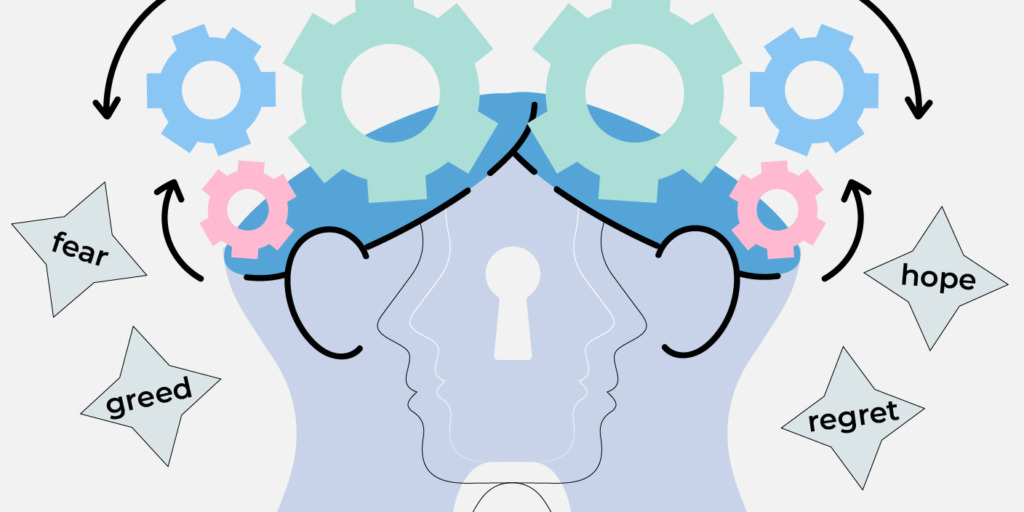
You might see a trade you would’ve taken but missed, so you FOMO in at the next (subpar) opportunity. You use more risk because you’ve lost a few trades in a row and want to make your money back. You can’t take yourself away from the screen because you need to make just one more trade.
As soon as you recognize yourself moving down this path, stop. Go take a break or stop trading for the day. The other best way to counteract this is to look at your plan. If it’s not in your plan, don’t do it.

View your capital as ammunition
Sometimes, the numbers on the screen can seem insignificant. $20 here, $50 there. But in actual fact, these are like bullets in a battle. Once you run out of bullets, you can’t fight anymore.
So what would you do if you were in a real battle with limited bullets? You’d conserve them. You’d use them sparingly, and when you’re losing a lot of ammo, you’d make them go further by using less at once. You wouldn’t spray with little regard for how many bullets you have left.
This is how you need to view your account balance. Once it’s gone, you’ve lost the battle and are forced to deal with the pain of losing your hard-earned cash. Instead, you need to be prudent and make your ammunition last if you have any hopes of winning the battle. Defend it with everything you have.
Understand the power of compounding
Finally, use compounding to your advantage. Chasing significant gains is akin to the strategy we spoke about earlier. It’s actually much more powerful (and easier) to focus on small gains that add up to a grand amount rather than hoping for big money every time.
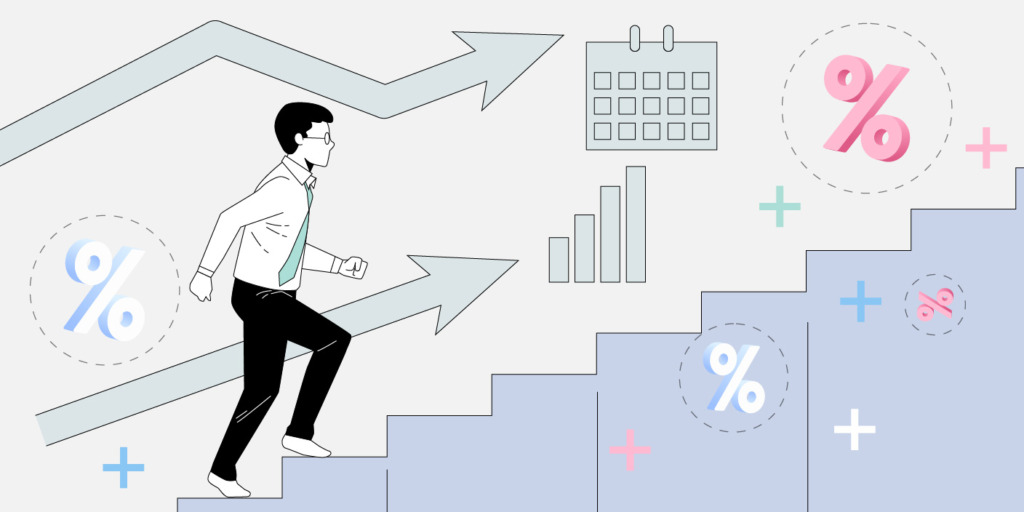
Warren Buffett credits much of his earned money and success to compound interest. Einstein called it the “eighth wonder of the world,” and it’s easy to see why. Let’s say you had a target of 10% a week, or 2% every day from Monday to Friday. Sounds doable, right?
Well, you’d be up just over 51% after a month, thanks to compound interest. If you were trading a $1000 account, you’d be up $511.36 in one month. But what if we kept this up for a year? Assuming you could earn 10% a week for 52 weeks, your account would be worth $142,042 after one year.
But 10% a week is pretty high, right? Well, even if you earnt 1% a day or 5% a week, you’d still have $11,642 more after a year. Many of us could earn 1% in a single trade and call it a day. That’s the power of compound interest.



